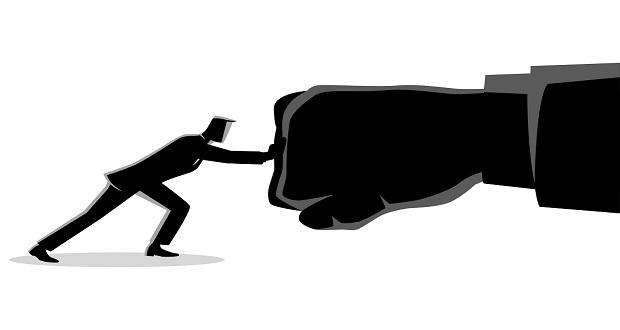Recall Kenny Rogers’ famous phrase from “The Gambler”: “You must know when to hold them, when to fold them….” This emphasizes that each situation is distinct, and it is essential to trust your instincts.
If you feel that your opponent is a bully, that can be reassuring. The theatrics and loudness often stem from empty threats. Based on my experiences, they typically retreat if you remain steadfast.
Challenges arise in circumstances where the motives behind unreasonable requests are unclear.
This could indicate that your opponent is the one facing issues, remarks Dana Lynch, a mobile application expert and attorney based in Atlanta. One of her clients demanded a refund for an app she had created, claiming Lynch had not adhered to her instructions. Lynch clarified that she indeed had adhered to them but included some additional features.
Through emails and phone conversations, Lynch articulated that “it’s often simpler for our clients to view everything initially and then reduce it as needed,” emphasizing that removing content is less demanding than adding new elements later. She even offered to modify the demo to meet the client’s exact requirements, yet the client insisted on a complete refund. “She showed no willingness to rectify the issue with us. She threatened to sue me…. I expressed my confidence in fulfilling the contract and reiterated my offer to adjust the project to satisfy her. I wanted to ensure she wouldn’t waste her resources pursuing a frivolous lawsuit against me. That’s when she ceased communication.”
Lynch’s confidence helped her avoid issuing any refunds, and she felt no regret in severing ties with that challenging client.
Another frequent occurrence is when a customer hesitates at the agreed cost or introduces additional demands after settling the price, explains Ali Craig, a luxury branding consultant from the Phoenix area. “Your capacity to firmly understand your customer and their background determines when and how to assert yourself,” Craig states. “When you grasp this, you can navigate any resistance.”
Craig shares an instance where a client was ready to finalize a contract but unexpectedly requested a discount without diminishing the service level. During a follow-up discussion, Craig discovered that the client’s primary worry was about maintaining her business’s performance once Craig’s work was concluded. This encounter taught her that clients’ feelings, including feelings of insecurity, play a significant role in business dealings, revealing that “a client’s reluctance often reflects their personal concerns rather than mine.” This insight prevents Craig from reducing her rates simply to secure a project, a choice she would come to regret later.
Understanding your costs and timelines is fundamental for determining when to turn down a client’s demands. Web designer Jen Puckett avoids collaborating with individuals who have unrealistic budgets and timelines. “They approach me seeking my expertise, yet they believe they know better. I strive to educate them thoroughly. Ultimately, if they’re not open or capable of learning, I prefer to walk away.” Her guiding principle is: “It’s better to pass on an unreasonable client than to settle for one who doesn’t appreciate your value.”
Lastly, take a moment to reflect instead of hastily succumbing to the fear of negative comments (like those in online reviews). Most individuals seeking freebies or similar favors are aware of their intentions, and they realize you have the facts on your side. Thus, the repercussions are likely to be minimal. Have courage.


